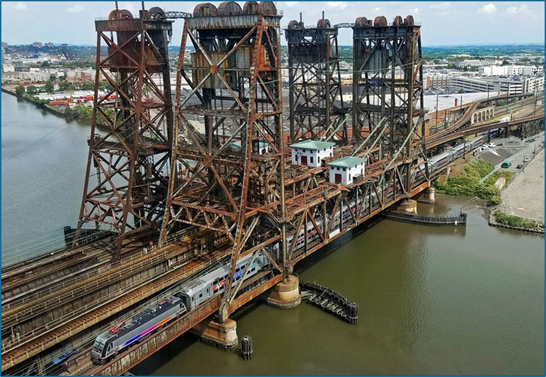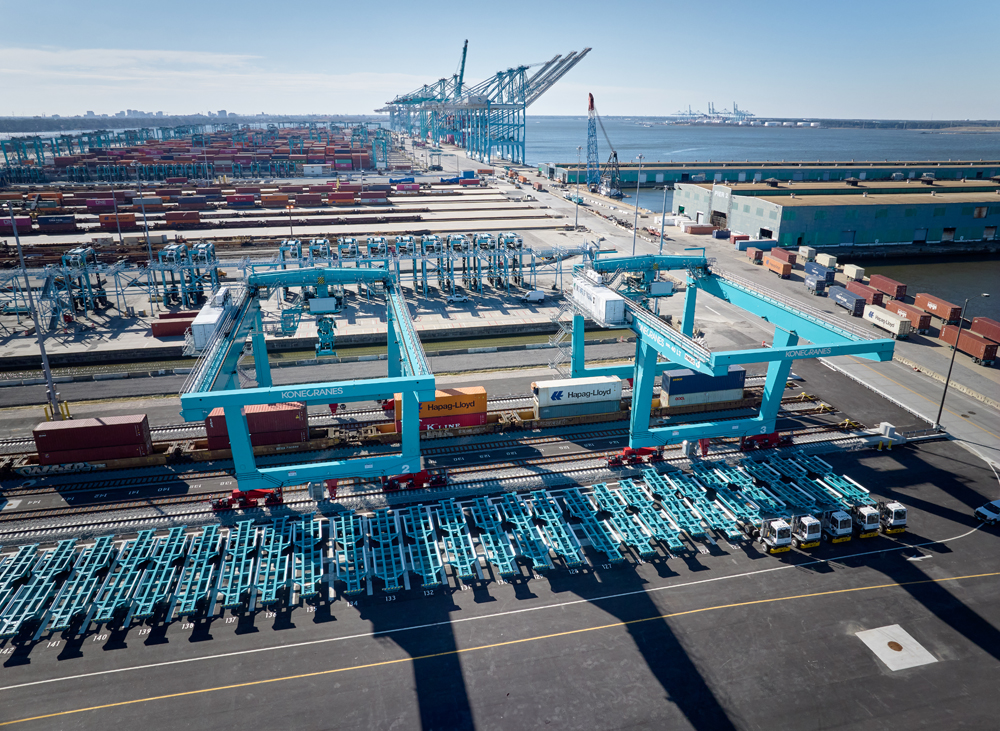And that’s about all there is to it, one railroad analyst says.
“It’s been strongly rumored for months,” says Anthony B. Hatch of ABH Consulting. “I was not surprised.”
Hatch says the broad outlines of a buyout, first reported by Bloomberg in May, included the possibility that Genesee & Wyoming executives would work with Brookfield Infrastructure Partners or another group. This was preceded by G&W executive statements in March. That was when executives said they were looking to be bought out, or take on an investment partner.
Ultimately, G&W executives agreed to sell the company to Brookfield Infrastructure, a company with energy and transportation assets around the world including in Brazil; and GIC, an investment arm of the Singaporean government. It’s the deal that the three announced today.
“It is a sign of the times rather than the initiation of the times,” Hatch says, noting that G&W, “might have run into the problem of size.”
By a “problem of size,” Hatch refers to G&W being the largest shortline holding company in North America. He says the company’s executives have sought bigger deals in recent years — notably in the United Kingdom — which roughly require the same amount of effort as buying another short line in the U.S., but with more potential to “move the needle” for shareholders.
But the environment G&W finds itself in today is a sellers’ market, he says, with short lines and lower density Class I railroad mainlines, such as those recently offered by CSX Transportation commanding buyers’ attention, if not high valuations.
Diving into G&W’s financial numbers, Roy Blanchard emphasizes different points on why the railroad’s executives agreed to sell.
In a note to railroad investors who seek his advice, Blanchard writes that G&W carload results, “over the past five years have been less than stellar. The year-to-year swings are I think greater than what [Genesee & Wyoming] likes to see — recall their fondness for using [alternative accounting methods] in their presentations to present the best possible picture.”
In speaking with Trains, Blanchard says an investment in G&W makes sense, in part, from the cash flow generated by the 100-plus railroads the conglomerate holds. The railroads may also offer a counter-balance to other assets Brookfield and GIC hold, which may be in less profitable parts of their business cycles — in short, a traditional diversification of assets. Besides generating shareholder value, G&W executives taking the company private can get out of the paperwork and hassle of reporting requirements associated with being listed on a stock exchange.
“The downside on railroads is it takes 15 to 20 percent of the revenue,” for capital investment, Blanchard says. On the plus side, G&W has, “…international exposure. They have the best short line railroad management team in the business.”
Perhaps the only surprise, Hatch says, was the abundance of leaked information leading up to the announcement on Monday. It was the reason for the Bloomberg story and was largely accurate, he says. Though expected in other Wall Street deals, Hatch says Genesee & Wyoming executives have been consistent about not commenting on transactions.
The shortline railroad industry’s lobbying and advocacy group, however, had only positive comments on Monday.
“ASLRRA is pleased that G&W has found an owner with a long-term view on infrastructure and investing. G&W’s 100-plus short line railroads in the U.S. provide hundreds of jobs in the communities they are located in, and service to thousands of shippers throughout small town and rural America, and we see that commitment only increasing. …,” said Chuck Baker, president of the American Short Line and Regional Rail Road Association. “We do not anticipate any change to G&W’s involvement in our Association as a result of the change in ownership from public markets to private long-term infrastructure investors.”
Genesee & Wyoming Railroad executives say in a news release that they expect the transaction to be final by later this year or early 2020. And, as a result of the pending sale, executives will stop releasing monthly carload data and will not hold a second quarter conference call with investors.
The railroad says the deal is subject to approval from shareholders as well as the Surface Transportation Board, and the U.S. Committee on Foreign Investment, among others.
UPDATE: Comments from Chuck Baker, ASLRRA president. July 2, 2019, 4:09 p.m. Central time.














